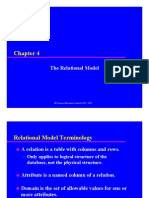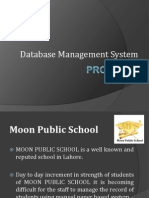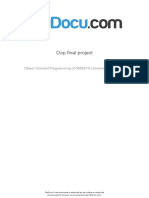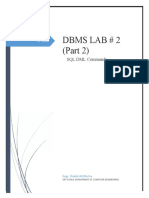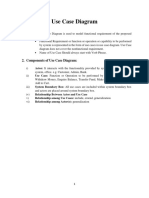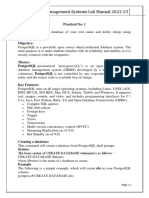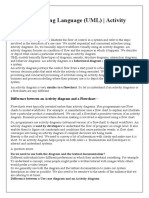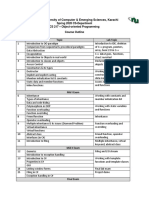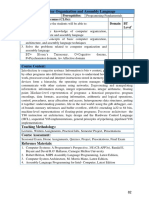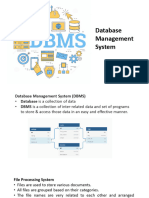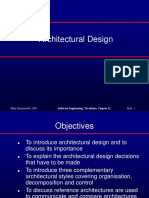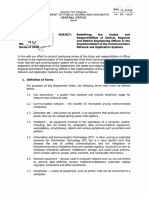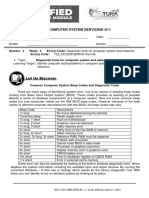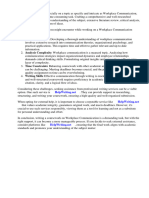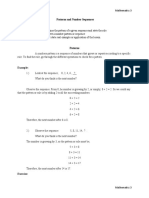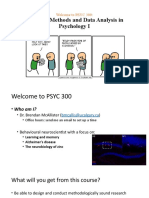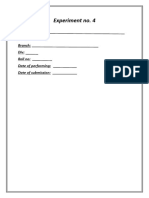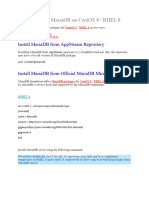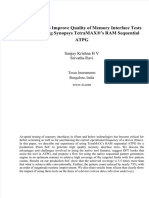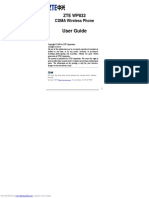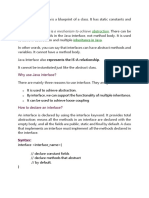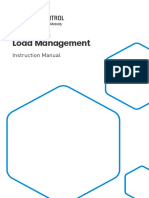0% found this document useful (0 votes)
200 views3 pagesCourse Pack - OOP
This document outlines the course details for the Object Oriented Programming course offered by the Department of Software Engineering. The 3 credit hour course is taught in semester 2 and covers key object oriented concepts like classes, objects, encapsulation, inheritance and polymorphism. The course objectives are to provide a foundation for understanding and applying object oriented principles and techniques. Weekly topics include Java programming basics, OOP concepts, interfaces, exceptions and GUI components. Student assessment includes quizzes, assignments, exams and lab work. Recommended textbooks are provided to support student learning.
Uploaded by
Should ShouldCopyright
© © All Rights Reserved
We take content rights seriously. If you suspect this is your content, claim it here.
Available Formats
Download as DOCX, PDF, TXT or read online on Scribd
0% found this document useful (0 votes)
200 views3 pagesCourse Pack - OOP
This document outlines the course details for the Object Oriented Programming course offered by the Department of Software Engineering. The 3 credit hour course is taught in semester 2 and covers key object oriented concepts like classes, objects, encapsulation, inheritance and polymorphism. The course objectives are to provide a foundation for understanding and applying object oriented principles and techniques. Weekly topics include Java programming basics, OOP concepts, interfaces, exceptions and GUI components. Student assessment includes quizzes, assignments, exams and lab work. Recommended textbooks are provided to support student learning.
Uploaded by
Should ShouldCopyright
© © All Rights Reserved
We take content rights seriously. If you suspect this is your content, claim it here.
Available Formats
Download as DOCX, PDF, TXT or read online on Scribd
/ 3





